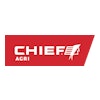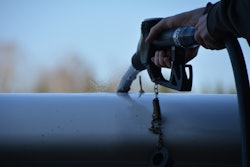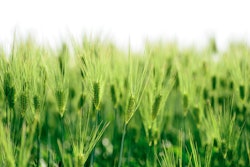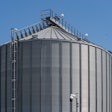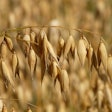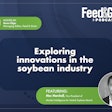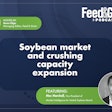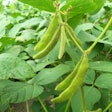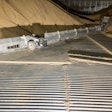TitledCultivating a Better Future, COFCO International's2020 Sustainability Reporthighlights efforts and actions taken to keep people safe and food and agricultural supply chains moving as COVID-19 spread around the world.
Soy supply chains
The latest sustainability report outlines the company’s efforts to achieve fully traceable soy supply chains in Brazil, a vital part of COFCO International’s work on sustainable sourcing. It describes steps the company has taken to improve supplier compliance with its Sustainable Soy Sourcing Policy and towards sustainable production.
Partnerships with the International Finance Corporation (IFC), a member of the World Bank, RenovaBio and 2BSvs sustainability certification schemes in Brazil and Argentina, Tropical Forest Alliance (TFA) and the Soft Commodities Forum (SCF) played a key role in reaching major milestones.
In 2020, ahead of schedule, the company achieved the SCF’s goal of 100% traceability in all 25 priority municipalities of Brazil’s Cerrado region.
Climate, shipping, renewables
COFCO International continued to aim for lower Greenhouse Gas (GHG) emissions. While total energy consumption increased because of expanded industrial operations, the increased scale unlocked new energy efficiencies, particularly at sugar mills which consume the largest portion of energy. In 2020, COFCO International’s energy intensity dropped by 4 percent.
Meanwhile, the company’s use of renewable energy continues to grow, reaching 88 percent of total energy use in 2020, a 1 percent increase on the year before, driven largely by greater use of bagasse at sugar mills in Brazil. These sugar mills also supplied local power grids with 723,921 MWh of surplus bioenergy in 2020, a 10 percent increase on 2019.
Shipping is another significant source of emissions for COFCO International which has 200 vessels on the water at any given time. The company remains committed to halve global carbon emissions from its fleet by 2050.
Besides improving the fuel, energy and cost efficiency of COFCO International vessels, however, the company is supporting more industry schemes to drive systemic change. In 2020, the company signed up to the new IMO-led Sea Cargo Charter, an industry commitment to a shared and consistent way of reporting on emissions. COFCO International also continues to invest in new exhaust systems to reduce the amounts of sulphur emitted from its ships.
2020 Highlights
The COFCO International 2020 Sustainability Report was prepared according to the Global Reporting Initiative (GRI) standards. It also provides a summary of the company’s contribution towards specific UN Sustainable Development Goals and outlines how its sustainability work supports the International Finance Corporation’s Environmental and Social Performance Standards.
Other highlights include:
- Five awards for COFCO International’ssustainability-linked $2.3 billion loan, agreed in 2019 with a consortium of 21 global banks
- Mapping and analysis of 357 soy supplying farms in Brazil – nearly 428,000 hectares - with IFC and Agrosatélite to drive compliance with key environmental and social criteria in Brazil’s Matopiba
- Continued pursuit of biological pest control methods on sugar farms in Brazil to help protect pollinators and improve soil health, including the use of natural predators in place of synthetic pesticides
- Achieved the SCF group goal of 100% traceability in all 25 priority municipalities ahead of time
- Continued progress on palm traceability to mill level, reaching 91 percent by the end of 2020 up from 86 percent in 2019
- 识别为巴西最好的公司之一people management by the Valor Carreira survey for the third year running. Some 95 percent of COFCO International employees said the company has a genuine interest in their wellbeing and communities


